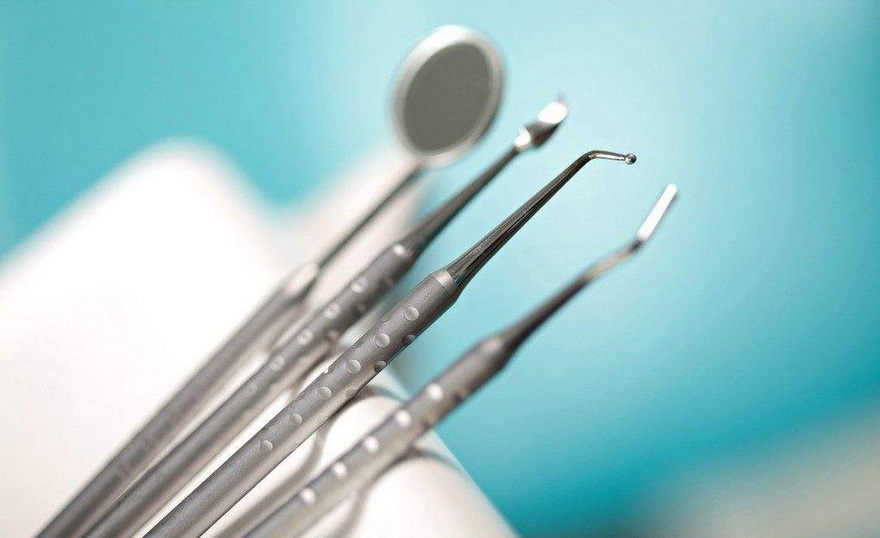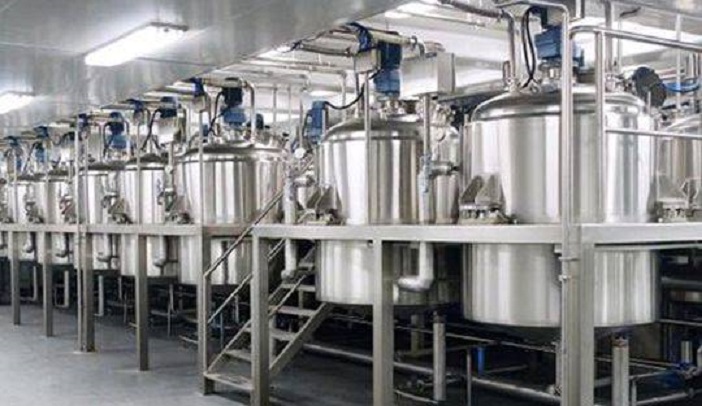Application of Titanium in the Pharmaceutical Industry

Application of Titanium in the Pharmaceutical Industry
The pharmaceutical industry is an important industry related to people's physical and mental health, including pharmaceuticals, medical machinery, sanitary materials, and other fields, and occupies an important position in the national economy. The application of titanium in the pharmaceutical industry is very broad because it is non-toxic and harmless and has good compatibility with the human body.

Application of Titanium in the Pharmaceutical Industry
In pharmaceutical production, since the production of medicines cannot do without acid, alkali, and salt, pharmaceutical equipment is easily corroded and damaged. The use of steel equipment not only fails to solve the problem of serious equipment corrosion, but also causes a lot of manpower, material, and financial losses, and affects normal production. But the use of titanium equipment solves this problem well.
In the production of several major commonly used drugs, the equipment made of titanium has good corrosion resistance and has obtained considerable economic benefits.
1. The Application of Titanium in The Production of Vitamin B1
Vitamin B1 is mostly produced by the hydrogen chloride conversion method, and the finished product is dried by a cyclone and separated by two cyclones. The medium is thiamine hydrochloride with a PH value of 2.5 and a temperature of 110°C, so it is very corrosive. The original drying device is made of stainless steel. After using it for more than one year, the inner wall will corrode and perforate, and seriously contaminate the medicine.
After adopting a titanium spiral feeder, cyclone separator, vortex body, hopper, discharge pipe, and tail gas box titanium lining, the production qualification rate of vitamin B1 has been increased from 95% to 100%, and the equipment has been used for more than 7 years without corrosion. And the cost of using titanium can be recovered in 3 months.
2. The Application of Titanium in The Production of Vitamin C
Vitamin C is made of sorbitol, fermented with black vinegar bacteria into sorbose, then fermented with Pseudomonas bacterium to produce low-concentration Gulonic acid, which is concentrated and then converted into finished products by hydrogen chloride.
Titanium is very resistant to corrosion in high-temperature Gulonic acid. In the production process of this product, a titanium tube heat exchanger and a TC4 cast impeller are used, and no corrosion has been found after many years of use.
3. The Application of Titanium in the Antibiotic Production
The main raw material for the chemical synthesis of chloramphenicol (an antibiotic) is methyl dichloroacetate, which contains about 2% chlorinated alkene and trichloroethylene. If steel equipment is used in the refined process of chloramphenicol production, severe corrosion is likely to occur. However, if titanium equipment is used, the equipment is intact after long-term use.
4. The Application of Titanium in the Narcotics Production
Procaine hydrochloride used in local anesthesia is produced with p-nitrotoluene as raw material, and it is highly corrosive during the entire production process of preparing p-nitrobenzoic acid by oxidation, washing with acetic acid, and recovering mother liquor.
Therefore, the production equipment uses a titanium steel composite plate inner tube, a titanium bubbling tube, a glacial acetic acid circulating condenser, and a vapor-liquid separator to solve the corrosion problem.
5. The Application of Titanium in the Anthelmintics Production
Levamisole is a highly effective intestinal nematode anthelmintic. In the production of this product, stainless steel equipment was originally used, and the product was polluted due to corrosion. The corrosion problem was successfully solved after using titanium as the feed pipe and the pump inlet pipe.
Conclusion
Thank you for reading our article and we hope it can help you have a better understanding of the application of titanium in the pharmaceutical industry. If you want to know more about titanium and its applications, we would like to advise you to visit Advanced Refractory Metals (ARM) for more information.
Headquartered in Lake Forest, California, USA, Advanced Refractory Metals (ARM) is a leading manufacturer & supplier of refractory metals across the world. It provides customers with high-quality refractory metals & alloys such as tungsten, molybdenum, tantalum, rhenium, titanium, and zirconium at a very competitive price.
{{item.content}}
LEVE A REPLY
{{item.children[0].content}}
{{item.content}}






